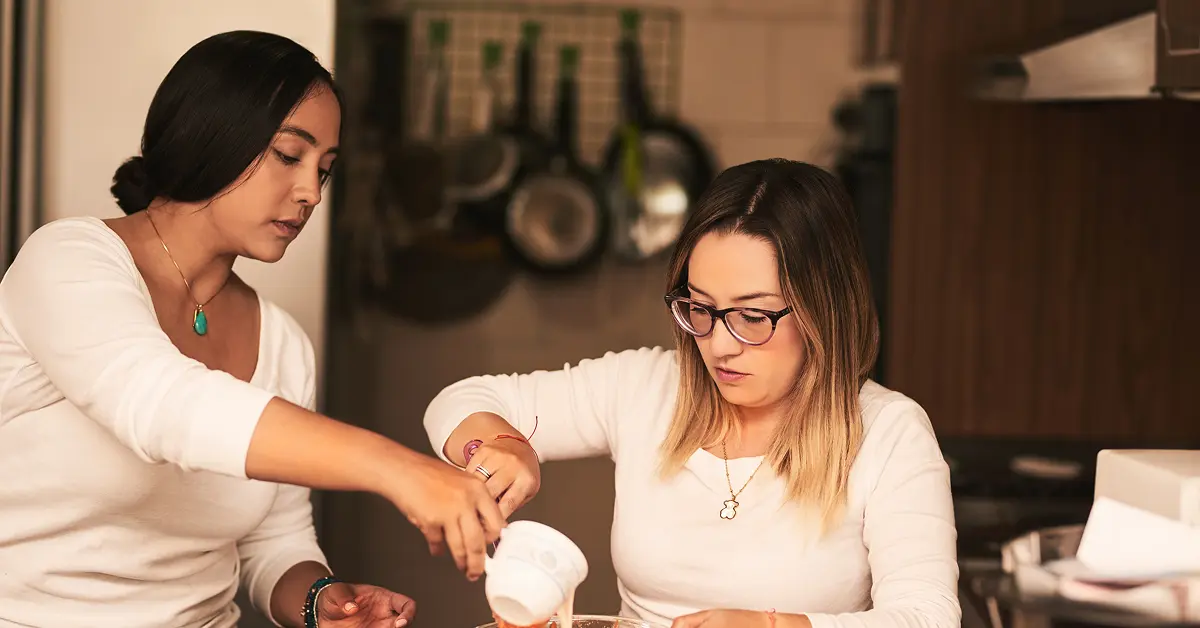With the rise in India’s ageing population and chronic illnesses, the demand for private duty caregivers is growing rapidly. A private duty caregiver provides non-medical and sometimes basic medical care to clients in their homes. These professionals offer personalised support to elderly individuals, patients with disabilities, or those recovering from surgery.
Whether you’re someone looking for a meaningful career, or a family member hoping to care professionally for a loved one, becoming a private duty caregiver can be both fulfilling and financially rewarding. This blog outlines everything you need to know to become a private duty caregiver in India.
Who Is a Private Duty Caregiver?
A private duty caregiver is a trained or semi-trained professional who provides personal care services at a client’s residence. Unlike hospital-based nurses, private caregivers focus more on long-term care, companionship, daily activity assistance, and emotional support.
They may be hired through home healthcare agencies or privately by families. The role is flexible and can be part-time, full-time, or even live-in, depending on the client’s needs.
Responsibilities of a Private Duty Caregiver
- Personal hygiene assistance (bathing, grooming, toileting)
- Mobility support (helping with walking, transferring from bed to wheelchair)
- Medication reminders
- Meal planning and feeding
- Companionship and mental stimulation
- Light housekeeping
- Monitoring health and reporting changes
In some cases, caregivers may also perform basic medical tasks such as checking blood pressure or sugar levels if trained to do so.
Qualifications Required
Educational Requirements
No formal degree is mandatory, but a Class 10 or 12 pass is preferred by most employers. A diploma or certification in Geriatric Care, Patient Care, or Home Nursing is highly valuable.
Certification Courses
Some recognised caregiver training institutes in India include:
- Indian Red Cross Society
- National Skill Development Corporation (NSDC)
- Apollo Medskills
- IGNOU (Certificate in Geriatric Care)
Duration of these courses ranges from 3 months to 1 year and includes both theoretical and practical training.
Soft Skills
- Patience and empathy
- Communication and interpersonal skills
- Time management
- Problem-solving attitude
Step-by-Step Guide to Become a Private Duty Caregiver in India
Step 1: Self-Assessment
Ask yourself if you have the emotional resilience, patience, and passion to help others. Caregiving can be physically and emotionally demanding.
Step 2: Take a Caregiver Course
Enroll in a certified caregiver training programme. This gives you foundational knowledge, practical experience, and improves your credibility when applying for jobs.
Step 3: Gain Experience
Start working with a home care agency, volunteer at elder care centres, or take internships during your training. On-the-job experience is often more valuable than qualifications alone.
Step 4: Decide on Freelance vs Agency Work
You can either:
- Join a home healthcare agency (like Portea, Care24, or Nightingales)
- Work independently (freelance caregivers often get higher pay but need to manage their own schedules and clients)
Step 5: Build a Profile
If freelancing, create a professional caregiver profile:
- Add certifications, work experience, references
- Register on caregiving platforms like Practo, UrbanClap (now Urban Company), or JustDial
- Use social media and local WhatsApp groups to reach out to families in need
Salary of Private Duty Caregivers in India
The salary depends on experience, location, and the intensity of care needed.
- Part-time caregivers (4–6 hours/day): ₹6,000 to ₹12,000 per month
- Full-time caregivers (8–12 hours/day): ₹15,000 to ₹25,000 per month
- Live-in caregivers: ₹25,000 to ₹40,000 per month (includes stay and meals)
Additional earnings may come from working night shifts, holidays, or taking multiple clients.
Challenges of the Job
- Emotional stress from dealing with serious health conditions
- Physical fatigue, especially in bed-ridden cases
- Lack of job security for freelancers
- Need for 24/7 availability in live-in arrangements
That said, many caregivers find deep satisfaction in being the primary support for someone in need.
Tips to Succeed as a Private Duty Caregiver
- Keep learning – Refresh your skills with short medical courses or first-aid training.
- Maintain professionalism – Respect client boundaries and be punctual.
- Communicate clearly – Give regular updates to family members.
- Stay patient – Elderly clients may have cognitive or emotional issues.
- Protect yourself legally – If freelancing, use simple agreements or contracts for clarity on salary, leaves, and working hours.
Legal and Safety Considerations
- Police verification: Most families require a background check.
- ID Proof and Aadhaar: Keep all your documentation ready.
- Health insurance: Freelancers should consider getting personal accident or health coverage.
- Tax implications: If your income exceeds ₹3 lakh per year, you may need to file ITR.
Final Thoughts
Becoming a private duty caregiver in India is not just a career—it’s a service to humanity. With ageing parents and rising healthcare needs, the role of a caregiver is more critical than ever. While the job is demanding, the emotional rewards and respect that come with it are unmatched.
Whether you're starting fresh or switching careers, now is the perfect time to step into this fulfilling and increasingly essential profession.
Contents
- Who Is a Private Duty Caregiver?
- Responsibilities of a Private Duty Caregiver
- Qualifications Required
- Step-by-Step Guide to Become a Private Duty Caregiver in India
- Salary of Private Duty Caregivers in India
- Challenges of the Job
- Tips to Succeed as a Private Duty Caregiver
- Legal and Safety Considerations
- Final Thoughts
Our 24*7 services
Latest Posts
- What Is Respite Care and Why Is It Important
- Affordable home care for senior citizens in India
- Caring for Seniors with Dementia or Alzheimer's at Home
- Senior Caregiving A Guide for Every Family
- How to Write a Caregiver Resume That Gets You Hired
- How Care After Hospital Discharge Speeds Up Recovery at Home
- How to Get Home Health Care for Seniors Through Medicare
- What Does a Senior Citizen Caregiver Really Do at Home
- How to Care for Elderly Parents with Alzheimer’s or Dementia
- How to Get 24-Hour Care for Seniors at Home
.webp)


